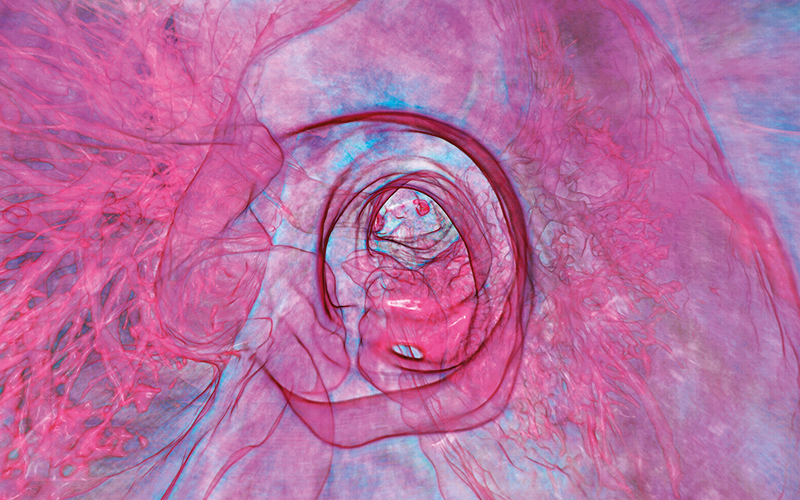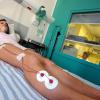A new paper compares the pathogen-detecting ability of a next-generation sequencing (NGS) system — the Respiratory Pathogen Infectious Diseases/Antimicrobial Resistance Panel (RPIP) — with a previously studied NGS system and standard of care (SOC) diagnostic methods for samples obtained with bronchoalveolar lavage.

This is where a bronchoscope is passed through the mouth or nose into the lungs, followed by a fluid wash that is collected for examination.
The researchers believe their study is among the first to compare NGS and SOC diagnostics for respiratory pathogens.
“We evaluated the two NGS diagnostic techniques, one of which was the RPIP, and found that in both cases, the ability of NGS to identify specific pathogens was nearly comparable to the battery of diagnostic tests clinicians have been using for decades,” says study senior author Patricia Simner.
“Although this shows great promise for the RPIP and NGS diagnostics in general, we feel more work is needed to further refine the technology before NGS can be considered equal to or better than current SOC methods.”
The team first evaluated the diagnostic ability of metagenomic NGS, a previously studied workflow process during which all DNA obtained from a bronchoalveolar lavage is sequenced — including genetic material unique to the patient (the “host read” or “human read”) and the sought-after pathogen (the “microbial read”). Removing the host DNA enable clinicians to concentrate their search on the remaining genetic material to hopefully find the microbial read and ultimately, identify the cause of the patient’s illness.
Image credit | Science-Photo-Library



